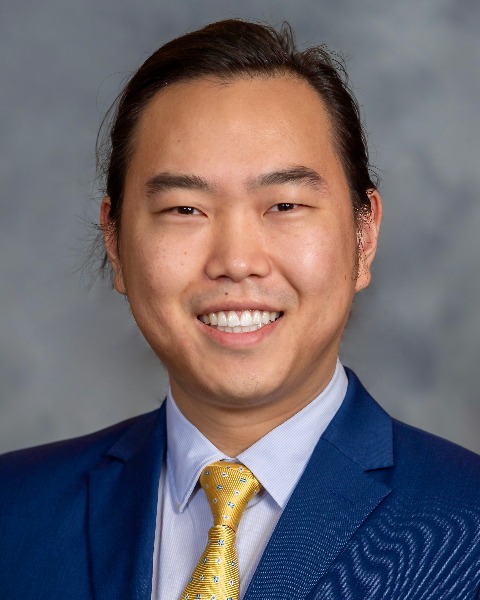Paper Presentation
Philosophy
Session: Philosophy: Phenomenology and Existentialism in the Clinical Encounter
Existentialism as a Humanist Framework for Surgical Ethics
Friday, September 20, 2024
3:45 PM – 4:45 PM CT
Location: Midway 5 (First Floor)
Keywords: existentialism, humanist frameworks for medical ethics
Abstract: Responsibility is fundamental to a surgeon’s training and practice. As sociologist Charles Bosk noted, when an internist’s patient dies the question is, “What happened?” but when a surgeon’s patient dies, her colleagues ask, “What did you do?” Responsibility of this magnitude necessitates significant freedom; in turn, the ethical demands of surgeons ought to be understood through the invariably human lens of freedom.
In “Existentialism is a Humanism”, Jean-Paul Sartre argues that the human condition is fundamentally and radically free, and only within this radical freedom can meaningful moral choices be made. In her response, “Ethics of Ambiguity”, Simone de Beauvoir provides an ethic that tempers radical freedom, arguing that the material world and others’ freedom resists individual freedom, forcing one to confront the inescapable ambiguity of existence when engaging in moral decision-making.
Recognizing surgery’s bedrock of freedom, we mobilize these paradigms to provide a novel perspective on surgical ethics. We first recapitulate Sartrean and Beauvoirian existentialism. Then, we correlate fundamental existentialist concepts with essential experiences of the surgeon (“anguish” in difficult decision-making, “abandonment” in the operating room, “bad faith” when responding to complications or shifting responsibility to artificial intelligence, and the “other” as the freedom-limiting patient), to paint the surgeon as an existentialist champion. Finally, we examine the ethical import of accepting this existentialist-surgeon framework. We hope this humanist framework can provide resistance to the ever-present technocratic creep, aid in rejecting deterministic constraints that lead to burnout, and provide the space for human complexity to augment a rich surgical practice.
In “Existentialism is a Humanism”, Jean-Paul Sartre argues that the human condition is fundamentally and radically free, and only within this radical freedom can meaningful moral choices be made. In her response, “Ethics of Ambiguity”, Simone de Beauvoir provides an ethic that tempers radical freedom, arguing that the material world and others’ freedom resists individual freedom, forcing one to confront the inescapable ambiguity of existence when engaging in moral decision-making.
Recognizing surgery’s bedrock of freedom, we mobilize these paradigms to provide a novel perspective on surgical ethics. We first recapitulate Sartrean and Beauvoirian existentialism. Then, we correlate fundamental existentialist concepts with essential experiences of the surgeon (“anguish” in difficult decision-making, “abandonment” in the operating room, “bad faith” when responding to complications or shifting responsibility to artificial intelligence, and the “other” as the freedom-limiting patient), to paint the surgeon as an existentialist champion. Finally, we examine the ethical import of accepting this existentialist-surgeon framework. We hope this humanist framework can provide resistance to the ever-present technocratic creep, aid in rejecting deterministic constraints that lead to burnout, and provide the space for human complexity to augment a rich surgical practice.
Learning Objectives:
After participating in this conference, attendees should be able to:
- Understand the surgeon's responsibilities through an existentialist perspective.
- Reflect on the value of humanist frameworks to push back on reductive and technocratic views of surgery.
- View surgical ethics from an existentialist paradigm.
Christian Vercler, MD MA – Professor of Surgery, Department of Surgery, Michigan Medicine

Johan H. Lee, MD (he/him/his)
Neurosurgical Resident
University of Michigan
Northville, Michigan
